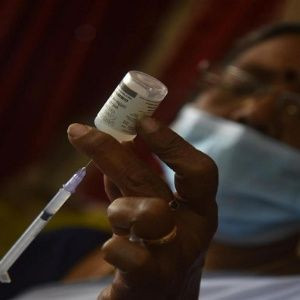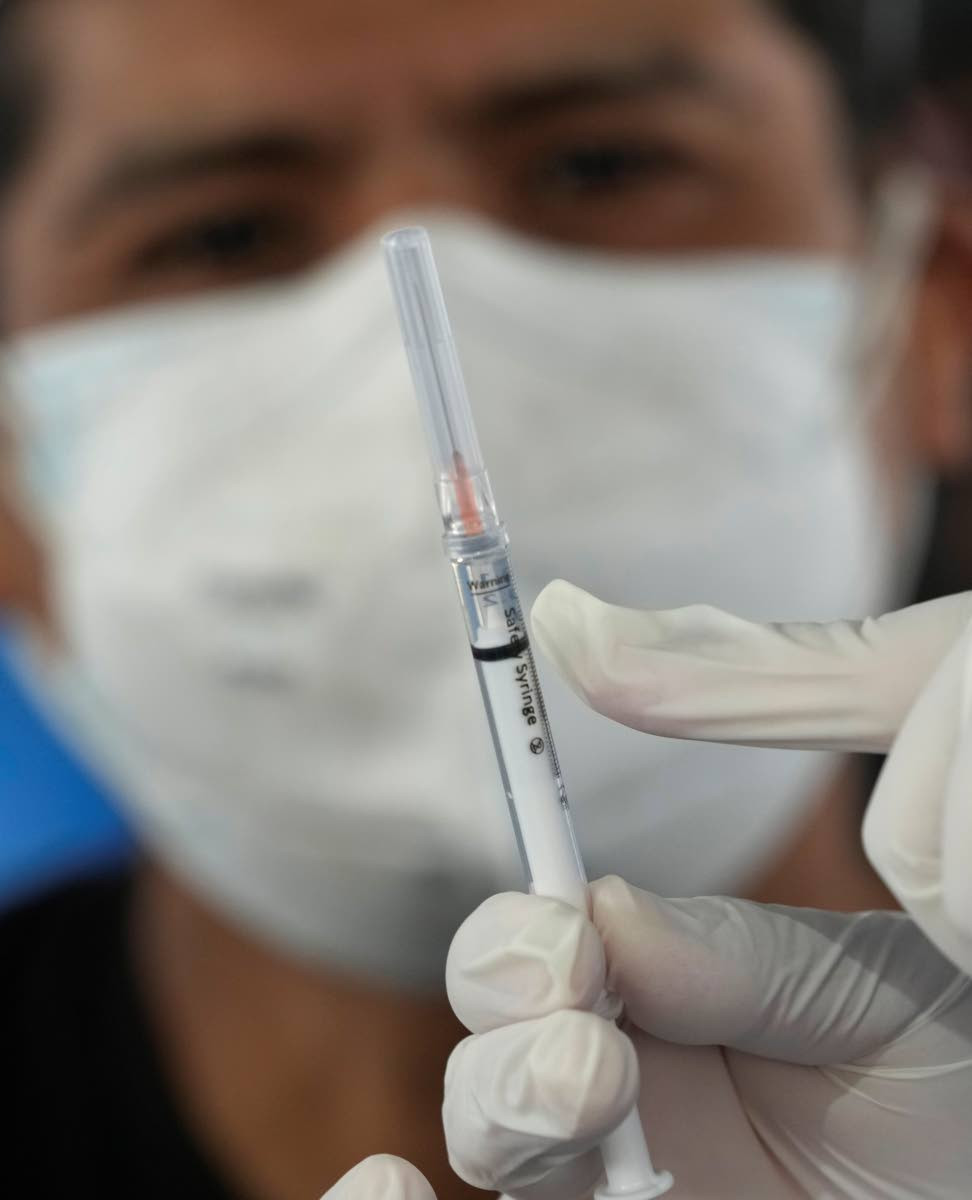Following the World Health Organization (WHO) declaring Mpox a public health emergency of international concern, Trinidad and Tobago has implemented enhanced surveillance measures to prevent the spread of the virus. While not banning travelers from Africa, the country will be screening passengers at airports and testing them for the virus through the Caribbean Public Health Agency (Carpha).
Health Minister Terrence Deyalsingh, addressing reporters after the launch of St Georges Luxury Apartment homes on August 17, clarified that the country would not be implementing harsh public health measures like those seen during the COVID-19 pandemic, acknowledging the socio-economic impact such measures could have.
Surveillance and Testing: A Multi-Layered Approach
Deyalsingh outlined a two-pronged surveillance approach. Firstly, the country is working with Caricom Impacs to enhance surveillance by utilizing the advanced passenger manifest system to identify individuals who have traveled to Africa and are entering the Caribbean. This proactive approach allows for early detection and monitoring of potential cases.
Secondly, the Ministry of Health has implemented continued screening at airports for individuals exhibiting fever symptoms. This initial screening is followed by testing for Mpox through Carpha, which has the necessary testing capacity. Additionally, doctors have been alerted to the signs and symptoms of Mpox, ensuring prompt diagnosis and treatment.
Deyalsingh also emphasized the availability of isolation rooms at Caura Hospital and other facilities for patients requiring isolation. These measures provide a robust framework for managing potential Mpox cases.
Mpox: A Global Concern
The WHO declared Mpox a public health emergency of international concern on August 14 due to the rising number of cases in the Democratic Republic of Congo and other African countries. This declaration highlighted the need for global collaboration and coordinated efforts to contain the spread of the virus. The current type 1B strain of Mpox is of particular concern due to its increased transmissibility and higher fatality rate compared to the type 2 strain prevalent in 2022.
Public Health Response: A Balanced Approach
While the country is taking precautions against Mpox, the Ministry of Health is also addressing other public health threats, such as dengue fever. The Ministry reported 825 laboratory-confirmed cases of dengue and eight deaths as of August 16, classifying it as an outbreak. Deyalsingh urged the public to be vigilant and take preventative measures to reduce the risk of contracting dengue fever. This includes cleaning properties and removing potential breeding grounds for mosquitoes.
A Focus on Prevention and Early Detection
The Ministry of Health has established dengue early-detection centers at Couva and Sangre Grande hospitals. These centers provide a vital resource for early diagnosis and treatment, encouraging individuals exhibiting symptoms to seek medical attention promptly. A similar facility is set to be launched in St. James in the upcoming week.
A Regional Response: Antigua and Barbuda's Approach
In response to the WHO’s declaration, Antigua and Barbuda has also taken steps to bolster its public health defenses against Mpox. The Ministry of Health in Antigua and Barbuda announced a multi-stakeholder approach to increase surveillance at ports of entry and health care facilities across the country. This proactive measure aims to prevent the introduction of the virus into the nation.
The Ministry of Health has also confirmed that the Sir Lester Bird Medical Centre is equipped to conduct diagnostic testing for suspected Mpox cases, demonstrating their preparedness for potential outbreaks.
Mpox: A Call for Vigilance
The recent surge in Mpox cases highlights the importance of continued vigilance and proactive measures to protect public health. The global community must work together to share information, monitor trends, and implement effective control strategies to mitigate the threat of this emerging infectious disease. This includes promoting vaccination, encouraging safe sexual practices, and increasing awareness of the symptoms and modes of transmission.
Key Takeaways:
- Trinidad and Tobago has implemented enhanced surveillance measures at airports, including screening and testing for Mpox through Carpha.
- The Ministry of Health is emphasizing a balanced approach, addressing both Mpox and other public health threats, such as dengue fever.
- Early detection and prevention remain key strategies in mitigating the spread of Mpox.
- Antigua and Barbuda has taken similar steps to strengthen its defenses against Mpox, focusing on heightened surveillance and testing capabilities.
While the global community navigates the Mpox outbreak, it is essential to maintain a proactive and collaborative approach to public health, prioritizing safety, awareness, and timely intervention.
This news story is based on information from the following sources:


















